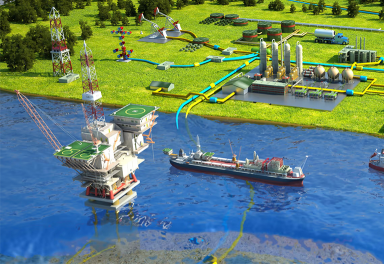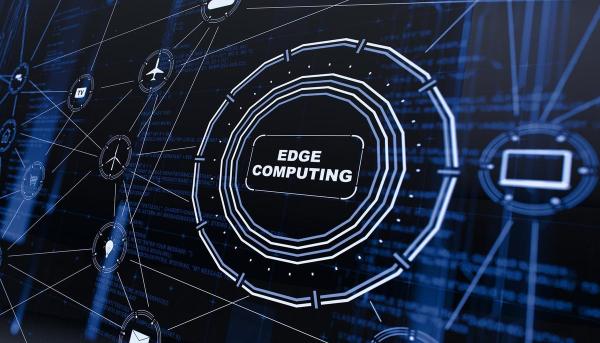We Push. We make you nervous. We get results. Lets get to work.
or Call Directly
BRAND, CREATIVE & STRATEGY
We nurture identities.
What makes us human is our ability to communicate. Branding is at the forefront of the communication thread. Once named, the flow of information is triggered. When information is abundant, there’s bombardment of subliminal messages from every direction. Brand is central to all communication, like an island in the ocean. Its fluid. Till all ends, reach. Billions of micro communications surround a brand.
WEB, MOBILE & TECHNOLOGIES
We maneuver the virtual.
Being the hub of all communication, this landscape dominates the skyline. White and blacks, ones and zeros. The raw force of the icy sheets tames the mountains and covers them helpless. The upper layers keep deviating, making way for the new, similar to the ever changing trends of the virtual world. The technologies stays constant but due to the intangible nature of communication and the influx of information, the peripheral layer is subject to constant change.
GAMING & INTERACTIVE
We trigger senses.
A thick forest. The landscape of interactive communication. Everything invested in a robe of mystery. Stunning diversity. Engages all five senses and triggers human curiosity. Constantly encoding and decoding sensory experiences.The deeper you go, the more interactive is the experience.
CGI, ANIMATION & VFX
When it comes to being an agency, we see our world as a maze where we come across a new dare every day. Our connotation of canyons for CGI, animation, and VFX defines it as one such challenging field which only few can out dare.
The idea behind choosing canyons as a part of our digital ecosystem is a hallmark of our larger than life presence in the CGI market. With so much tough terrain to climb, it is not always a possibility to be at the top.
DIGITAL MARKETING & ADVERTISING
Moving out of the traditional advertising methods to a digital era is just like a wind in a desert that set forth when a gust front blows and ends accumulating all the loose sand dunes. This phenomenon of the wind is how we see our Digital Marketing services to be for a brand. Where a small brand is set forth in the market, nourished and evolved in such a way that reaches out to the mass audience like the dust storm hitting the masses.
AI & Data Science
We create visual experiences.
Mount Kilimanjaro. A giant stratovolcano with an explosive past. Began forming over a million years ago. Its topography constantly changing ever since. But the remnant caldera crater rim stays constant.
Human communication has also taken many shapes and forms but the lens has always been at core of all communication. Immersive technologies have greatly altered the topography. What you derive, the most basic version is a product of your lens. It is then altered to enhance and highlight the message.






Clients
We love the high we experience while working with like minded individuals who take the road less traveled. We sculpt and chisel until we create something a few have dared to before.
Recognition
The world is our oyster and we are driven by the compulsion to leave our mark in all vicinity. Marvels of our digital ecosystem adorn every continent and sea, exquisitely unified and vividly narrating their accomplishments in their own captivating way.
Careers
We breed superheroes. Heroes that not only create the unimaginable but motivate others to do so as well. We offer a nurturing playground to experiment, grasp and conquer the most creative, challenging and ever evolving world of technology.
Browse AllGame Developers & Programmers
Experience: Fresh to 1 yr
If you can create something as royal as Clash Royale, as strategic as Clash of Clans, as interesti ... READ MORE
Web Mobile Gurus & Engineers
Experience: Fresh to 1 yr
We're looking for kickass developers and engineers with god-like superpowers! Do you have what it takes to tame the digital landsca ... READ MORE
Designers, Innovators & Strategists
Experience: Fresh to 1 yr
Brand is the commitment, the expression of fierce individuality and the symbol of loyalty. We don't just create brands but DNA. DNA ... READ MORE
Animators & Illustrators
Experience: Fresh to 1 yr
The best way to predict the future is to create it. Are you itchin’ to be a part of something revolutionary? To create so ... READ MORE
Business Drivers, Marketers & Trainees
Experience: Fresh to 1 yr
People of this territory wear many hats, but most importantly they are the public voice of our eclectic crew of designers, technolog ... READ MORE
Business Development & Marketing Intern
Experience: Fresh to 1 yr
We are looking for an enthusiastic marketing intern to join our marketing department and provide creativ ... READ MORE























































